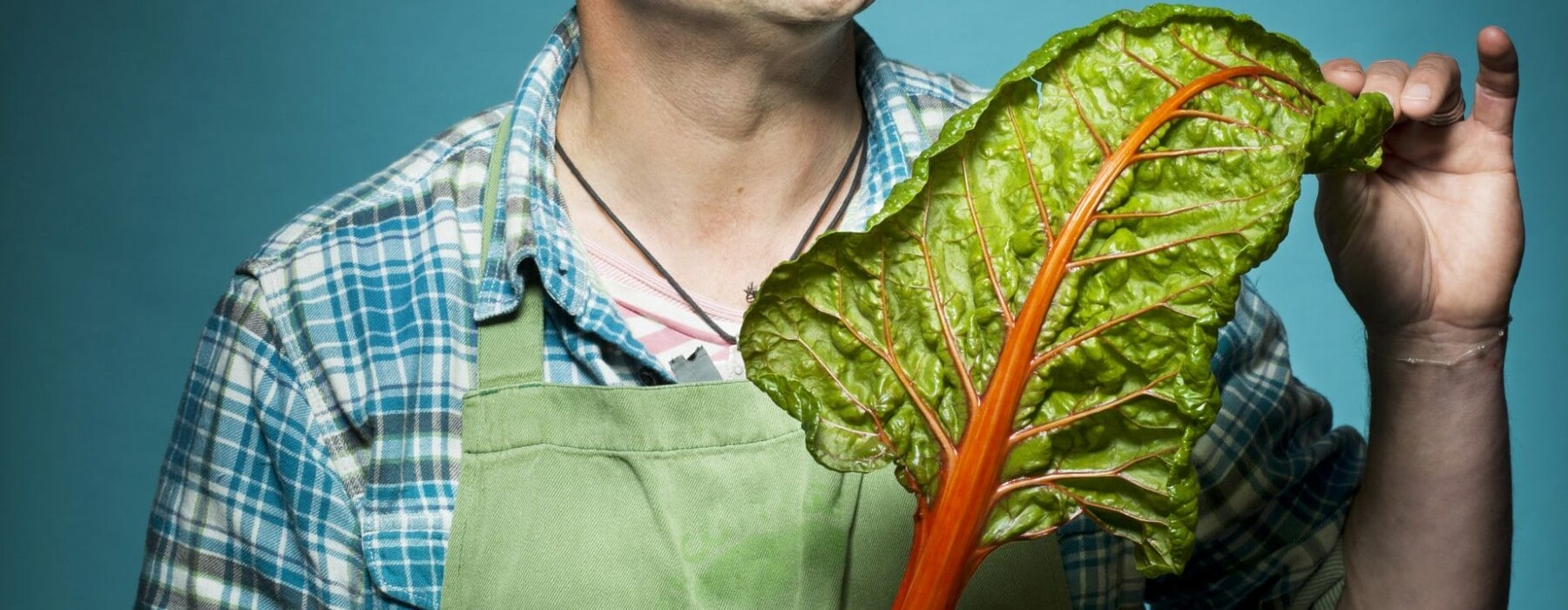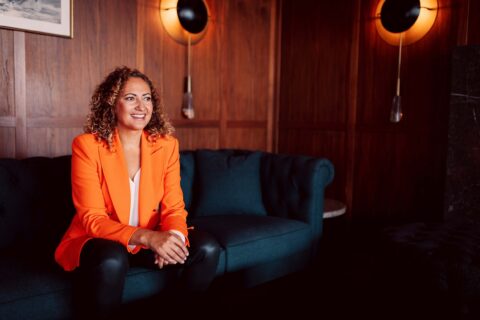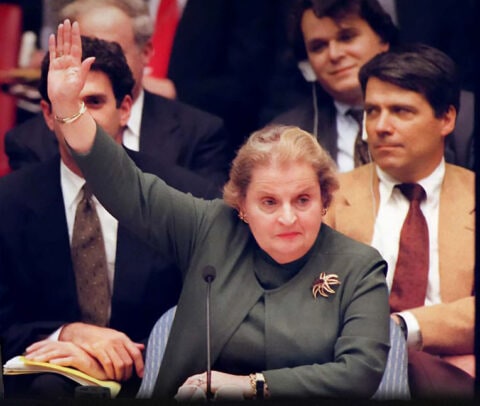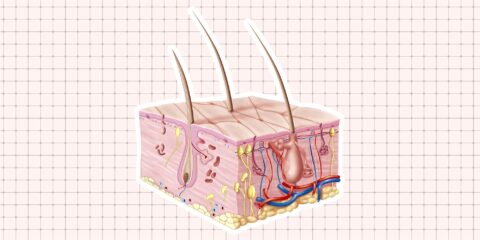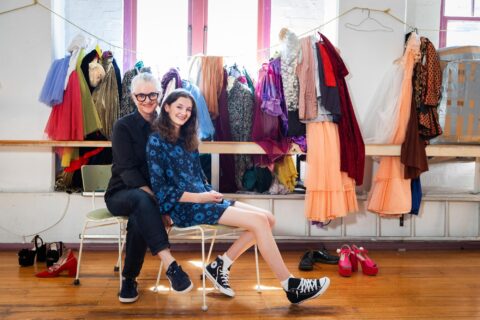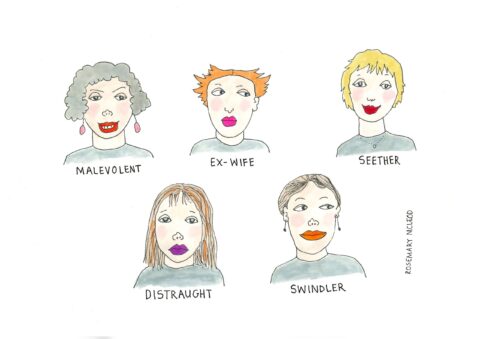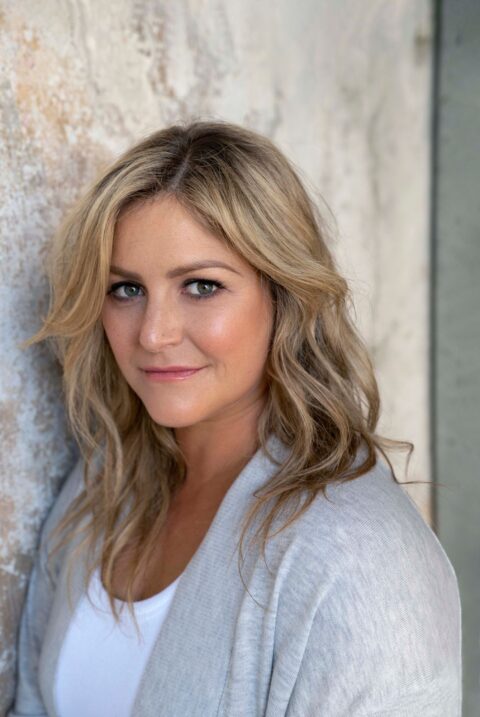Stressed and struggling with insomnia, campaigning chef Hugh Fearnley-Whittingstall resolved to sort himself out. Fasting, cold-water swimming and focusing on food for gut health worked, he tells Damian Whitworth – but he’s not quite ready to give up cake.
It’s my own fault for asking him, but there’s a moment during my conversation with Hugh Fearnley-Whittingstall when I can no longer suppress a snigger. “I don’t talk to my vegetables,” he answers, “but I admire them.”
The celebrity cook then proceeds to wax brassical about how cutting into a red cabbage and being impressed by the pattern of its cross-section can lead to wondering about its nutritional impact on our brains and bodies. “These are the everyday things that are keeping you alive,” he says, then sounds a warning. “I’m going off on one now. It’s kind of like a secular grace, isn’t it? A meditative grace: ‘Thank you for being an amazing red cabbage.’ You’re grinning now but I don’t think anyone would dispute that it’s not a bad idea to taste the food you’re eating and have some sense of really noticing it. And, actually, there’s a little bit of science that if you notice it and take a bit longer over it you feel full a little sooner and you’re less inclined to go back for more, which is all good.
“I’m suggesting ways of extending that attention to admiring the raw ingredients, enjoying the process of handling them and preparing them in the kitchen. Take it as far as you’re comfortable without feeling that you’re on Hugh’s hippy-dippy trip.”
It’s between lockdowns and we’re eating a chunky beef chilli and a salad of red cabbage, carrot and clementines in the farmhouse at River Cottage HQ, the cluster of buildings on the UK’s Dorset-Devon border that’s the base for Hugh’s TV and book projects, cookery events and restaurant businesses.
“Imagine this food going down into your gut, compared to other things we might’ve eaten,” he says, taking the contemplative journey onwards and downwards. “You’ve got a whole load of bugs and they’re going, ‘Thank you. This is all we really want; this is the kind of food that allows us to do what we want to do. Thank you for not bombarding me today with 17 E-numbers, with chocolate bars and bags of crisps, because we struggle with that, whereas this stuff is what we love.’ ”
From being the man who eats everything – including roadkill and placenta pâté – through his various campaigning incarnations, Hugh’s food odyssey has arrived at the inevitable diet book: Eat Better Forever: 7 Ways to Transform Your Diet. As the title suggests, he doesn’t believe in one simple fix but recommends a diet that’s varied, full of wholefoods, improves your gut biome, reduces refined carb intake, involves you in thinking about what fats and drinks you consume, and focuses on portion control through “mindful” eating (which is where the communion with the cabbage comes in). “If you are overweight, you’d be unlucky not to lose weight just by doing most of that stuff.”
Leaner and fitter
The last time I interviewed Hugh, 55, was seven years ago and there’s certainly less of him today. He looks much leaner and his weight is about 75kg, down from a high of 85kg in his forties. He says he’s healthier, fitter and less stressed than he has been in years, through combining better food choices with other lifestyle changes, including tackling his insomnia.
River Cottage is in an idyllic spot but creating and maintaining his business has caused Hugh a good deal of stress over the years. “I think it probably comes from having a lot of irons in a lot of fires, whether it’s telly or a restaurant or a cookery school, and being in varying degrees on show. There was a time when I was a bit of a workaholic and I had to recognise that a lot of the things I was encouraging people to do – gardening, fishing, cooking, outdoor things – I wasn’t getting to do as much of as I once had. I was in danger of not practising what I preached.”
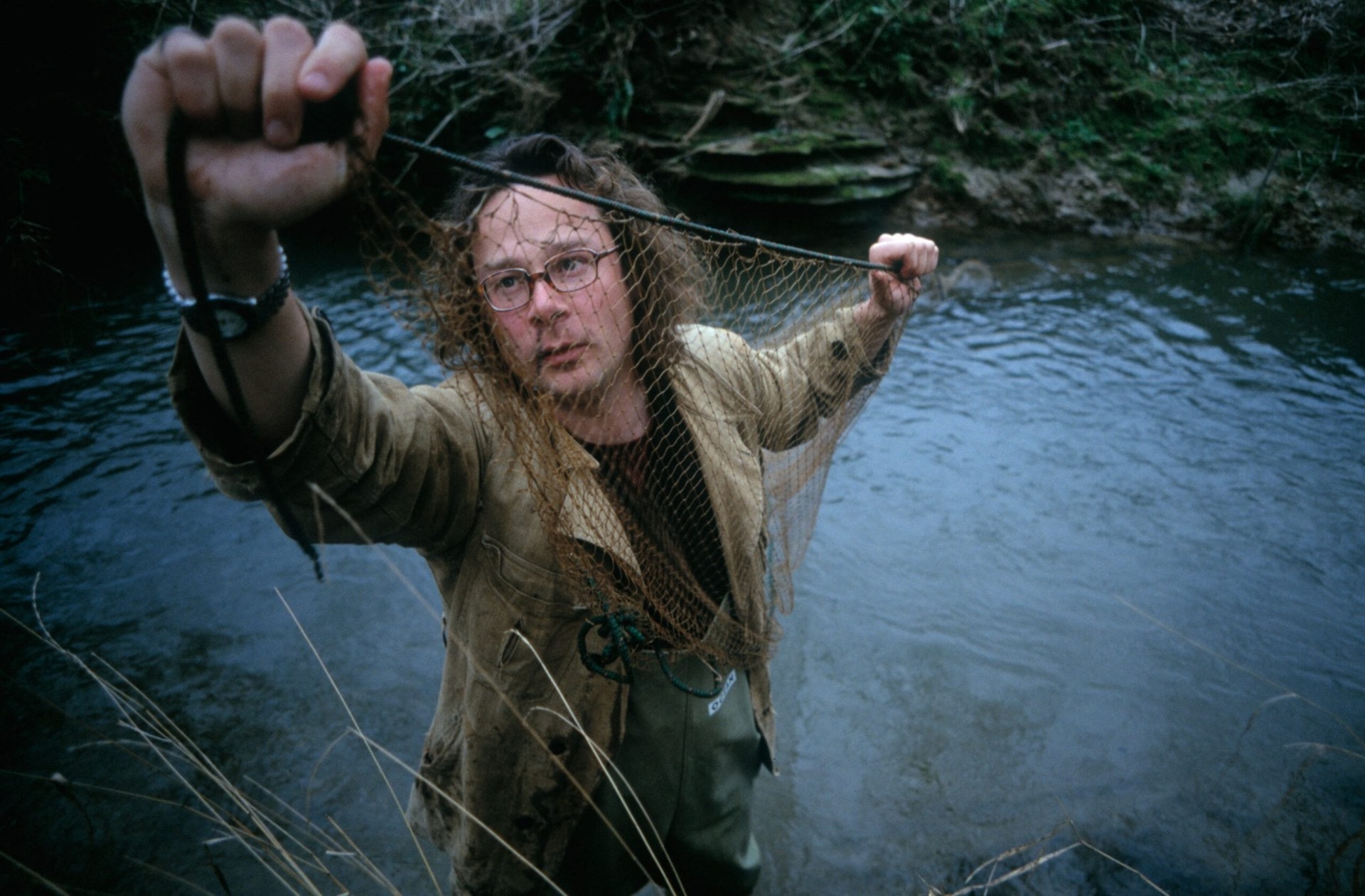
After one family summer holiday was disrupted by a book deadline and filming, he says, “I did a sort of stocktake and also promised my family that the following summer I would take a month off – and I kept that promise.” Now he takes a month off each summer, and weekends are “pretty sacred”.
When the stress of making his campaigning series, such as Hugh’s Fish Fight and Hugh’s War on Waste, led to him “waking at three or four in the morning and having your head start to spin with ideas”, he sought help from Sasha Stephens, a sleep therapist.
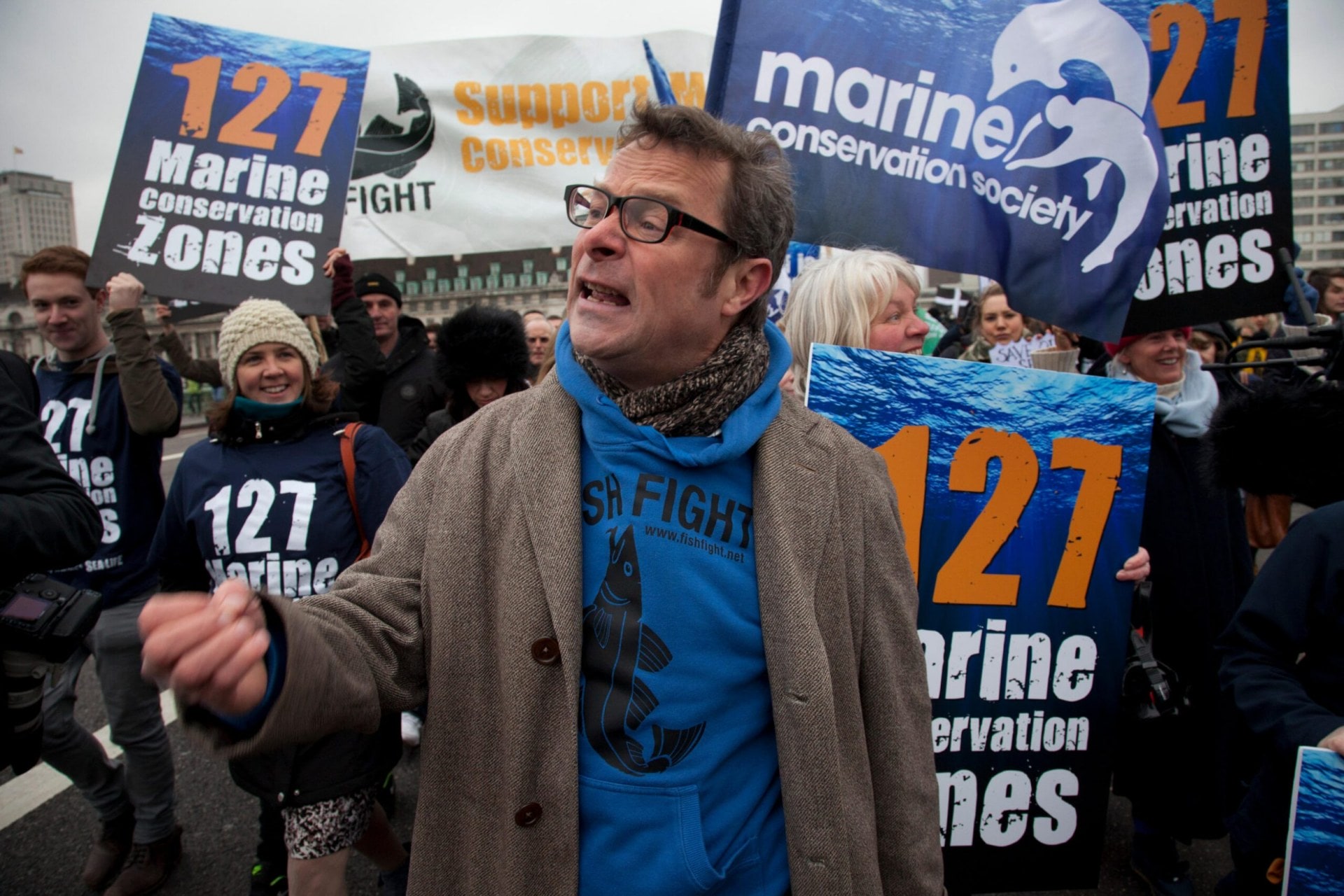
Using CBT-I (cognitive behavioural therapy for insomnia) and relaxation techniques has been “transformative”, he says. “I have my best night’s sleep when something that’s loomed quite big on the event horizon finishes. Often I just sleep like a baby.”
Cutting back on drinking also helped. He started with two alcohol-free days a week and is now up to four, which he says “actually makes it easier”. At weekends he and his wife, Marie Derome, will still finish a bottle of wine between them, and on “eventful weekends” he might go over the recommended guidelines, “but habitually it’s less”. The key is to enjoy each mouthful, he says. “Relish your eating and drinking.”
Hugh has become a devotee of fasting. I struggle to get my head around the rather hair-shirted reality of a man who made a career out of being ready to eat anything, any time – including, at a cider party, what he was told was roasted badger – depriving himself of food, but he says he tries to have a minimum 12-hour break from it each day, and about two days a week he extends that to 16 hours.
This morning he ate just a couple of apples and clementines before leaving his nearby home. We are eating a late lunch at nearly 2pm. “Eating food when you are hungry is very pleasurable. I’m really enjoying this stuff. I mean, I’m really relishing it.”
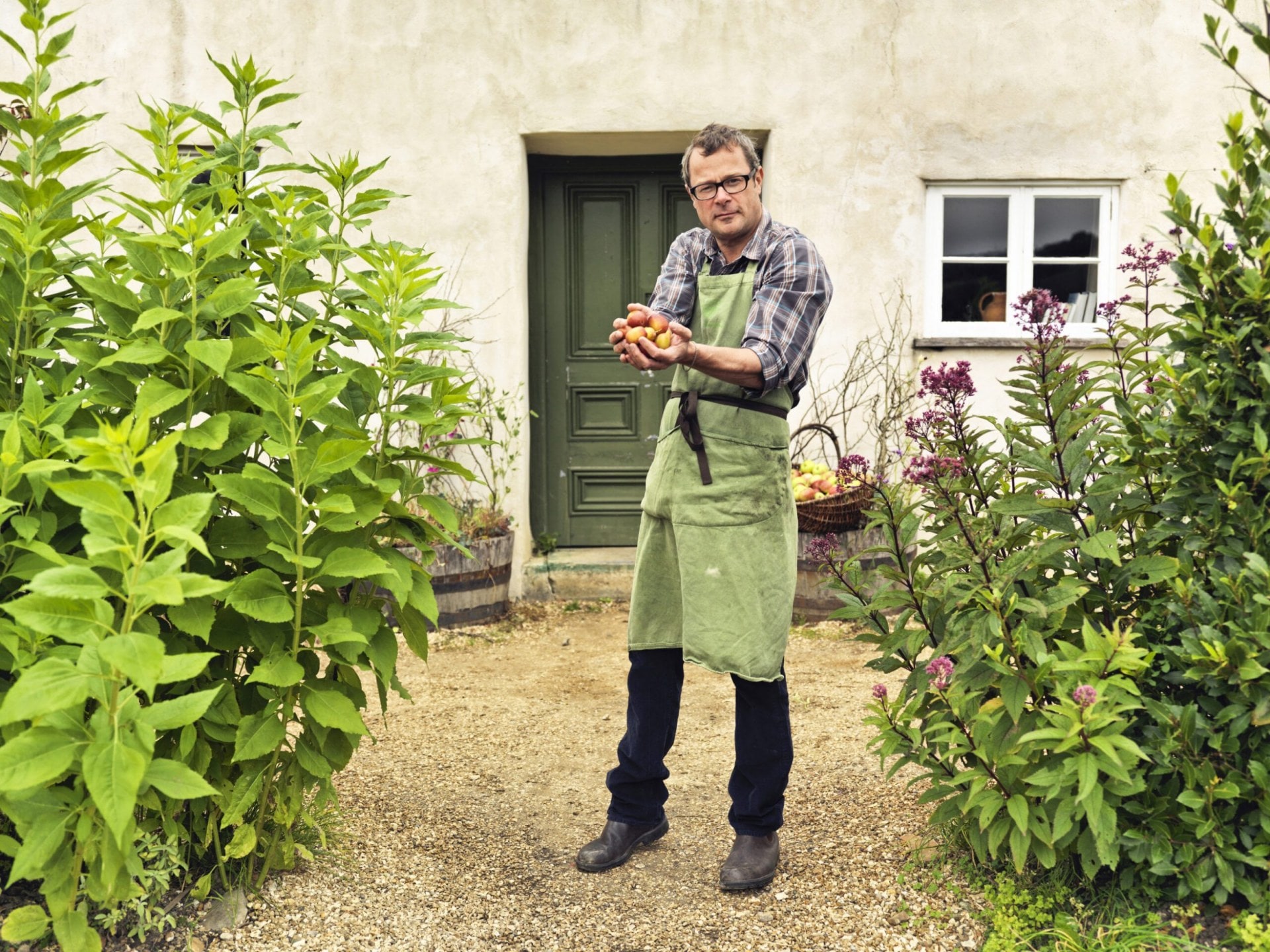
Hugh has always had a sweet tooth but is scathing about chocolate, which he describes in his book as “utterly fetishised yet utterly debased”. Occasionally, he will eat it out of nostalgia. “I will still remind myself what a Toffee Crisp [biscuit] tastes like two or three times a year.”
Two or three times? “And maybe another two or three times a Crunchie.” He sends me away with some of his oaty, nutty chocolate “tiffin”, which I quite enjoy but is rejected by my family after one nibble.
On cake, he writes incendiarily, “No one actually needs cake in their life,” although he goes on to admit that he does, and recommends switching to fine wholemeal flour and cutting 20 percent of the sugar from most recipes. “I’d be really surprised if within two versions of that cake you don’t actually prefer it.”
We’ve each been given a slice of sourdough with our food. “If I’d been really on the ball I might’ve said I don’t need any bread,” he says, “but it fulfils my bread test, which is: does it taste good? And is it at least 50 percent wholemeal.”
I’d been cooking his recipes in the days before our interview. They’d gone down well with my family, although my son did ask, “Where are the carbs?” after one fish dish with fennel and chickpeas, and complained afterwards that he was still hungry. “Perhaps you could have tipped an extra tin of chickpeas in there,” Hugh suggests. Mmm, not sure that would quite have done it.
Chilly therapy
He is hooked on cold-water swimming. There are a lot of smug wild swimmers around, I say. “When it comes to smug I can definitely go the extra mile because mostly I’m swimming in the pond in the garden and that’s properly cold now. I swim down one end and there’s a sort of overhanging branch, which I hold on to. And I just have a peaceful moment and then I swim back. About four or five minutes.”
Four or five minutes? I’d take all morning to warm up again. “It does take a couple of hours,” he concedes and rolls up his trouser leg to reveal the ragged thermals he pulled on after this morning’s plunge. He also runs, but says, “There’s not much health pay-off for doing a load of exercise and eating a shit diet.”
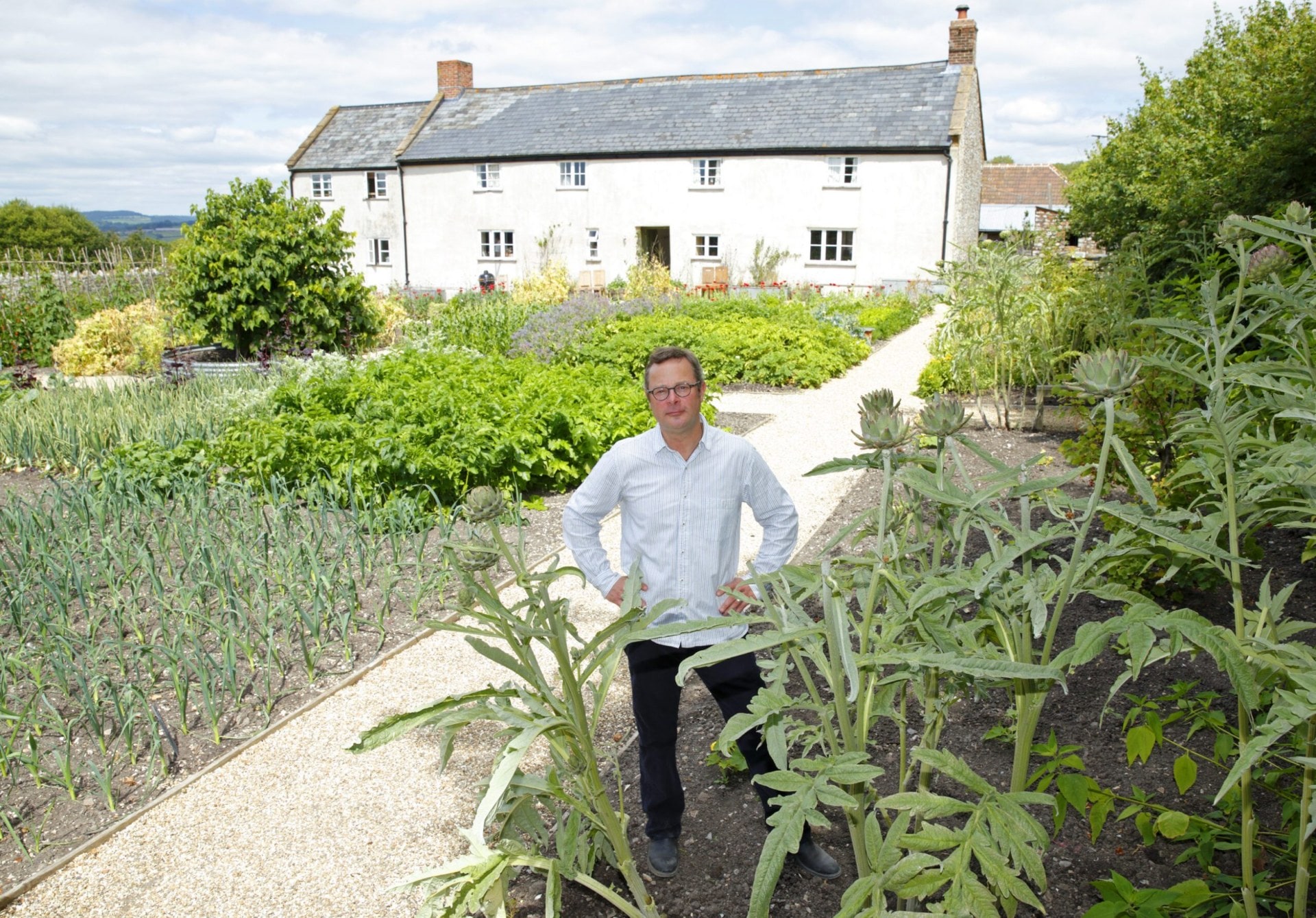
Last year was hard on the Fearnley-Whittingstall mini-empire. He decided not to reopen his restaurant in Winchester and had already decided, pre-pandemic, to close his restaurant in Bristol, and keep just the restaurant in Axminster and his cookery school at River Cottage.
“We’ve kind of retreated to our home patch, which has been a good exercise in some ways. It’s very sad to lose members of the team but the restaurant trade is an incredibly tough world.”
Does he feel in better shape for the regimen he has been following? “I don’t want to give the impression that I feel superhuman. All the things that I’ve ever considered or worried about still happen from time to time. I still get drunk once in a while. I still have nights when I don’t sleep very well. I still feel stressed sometimes. But all of those things are going much better than a few years back.”
He gives me a lift to Axminster station. As I’m getting out of the car, I ask where his food exploration will take him next. What will I find next time I come? “Probably tantric food,” says Hugh, who for all his earnestness about changing the way we eat, can still smile at himself. “I’ll be levitating above the vege patch.”
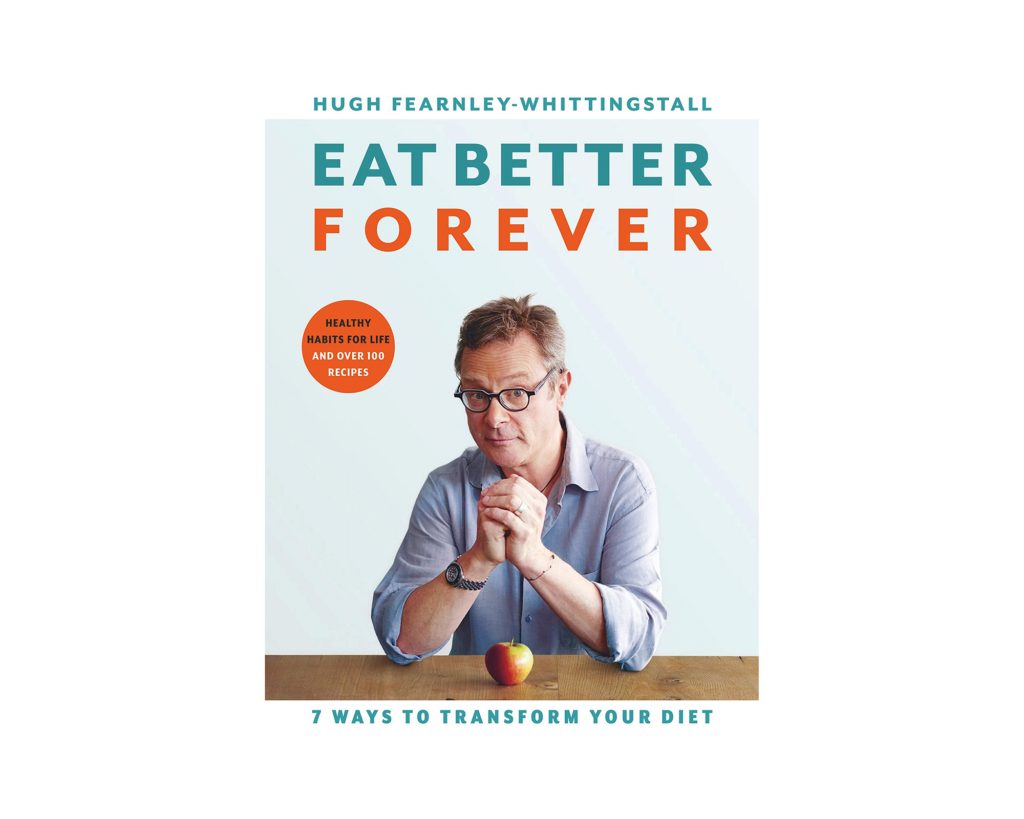
WORDS: THE TIMES/NEWS LICENSING.
IMAGES: PAL HANSEN, NEALE HAYNES, GETTY, ALAMY.

